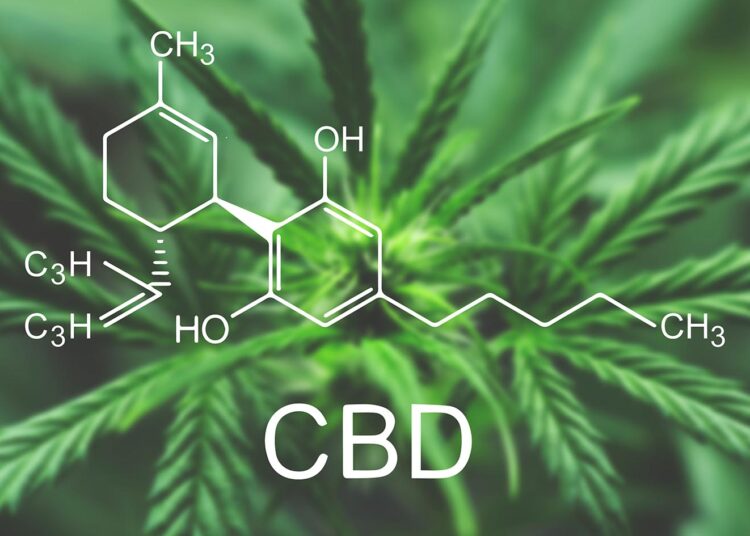Thursday’s statement by the Food and Drug Administration stated that CBD products cannot be regulated under its current structure. This is because the ingredient derived from hemp or marijuana has not been proven safe for food and supplements.
“[I]t’s not clear how CBD products could be meeting safety standards for food additives or dietary supplements,” FDA Deputy Commissioner Janet Woodcock stated in a statement.
She said, “For instance, we haven’t found sufficient evidence to determine how much CBD can and should be consumed before it causes harm.”
Instead, the FDA urged Congress to establish new rules to address the huge and growing market for cannabis- or hemp-derived products. These products have been increasingly popular in foods, lotions, and tinctures. It is expected that they will reach $22 billion in sales by 2030. The legal status of CBD products in the U.S. is still murky.
The FDA statement stated that there are still questions about CBD’s effects upon the liver, male reproductive system, and on pregnant women, and children.
FDA oversight
CBD is a controlled substance in Epidiolex, a prescription drug approved by the FDA to treat two rare seizure conditions. The FDA oversees CBD. FDA regulations prohibit the addition of a drug to food or selling it as a dietary supplement. Officials have not determined whether it is safe or effective for any other conditions.
Clear labels, regulations concerning contaminants, limits on CBD levels, and requirements such as a minimum purchasing age, could be some of the new rules. The agency also recommended regulations for CBD products that are intended for use by animals.
CBD is often derived from hemp, a type of cannabis plant that contains less than 0.3% THC. This compound, which causes marijuana’s mind-altering effects, is commonly found in CBD. Although CBD does not cause a high in users, CBD products can provide relief from anxiety and pain.
After repeated requests from advocates, lawmakers, and consumers groups for CBD to be permitted in food and supplements, the FDA took action.
“Kicking the can”
Three petitions were also denied by advocacy groups asking the agency to prohibit the marketing of hemp-based products as dietary supplements.
Steve Mister, chief executive of the Council for Responsible Nutrition (a trade group for supplement industry) expressed his dismay at the denial. He said that the FDA was “kicking down the road while disregarding the realities of market” by referring this issue to Congress.
Mister stated in a statement that the FDA has repeatedly ignored evidence of safety relevant to CBD at levels commonly used as supplements. He also continued to rely heavily upon safety concerns related high dose Epidiolex to support his inaction.
According to Thursday’s statement, the FDA will continue to pursue actions against CBD and other cannabis products in order to protect the public. Some companies that make health claims about CBD have received warning letters from the FDA.
Although marijuana is still illegal at the federal level in the United States, it has been legalized for recreational and medical use in many states. This includes pot-laced foods and drinks.














